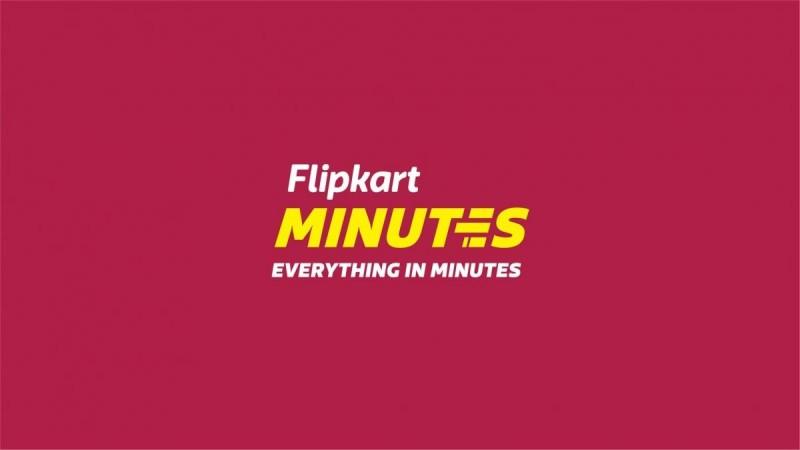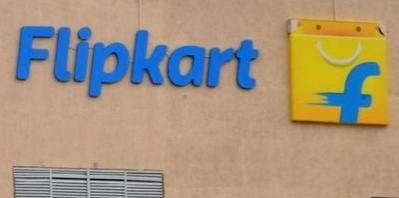
Demand peaked across categories like food and sweets, diyas, silver coins, rangoli powders, and decorative rice lights, with shoppers increasingly relying on quick commerce to prepare for celebrations. Pooja-related products — cotton wicks, incense sticks, ghee, havan samagri, and fresh flowers — also saw strong traction.
Home and kitchen segments witnessed high-volume purchases of air fryers, table lamps, dinner sets, cookware, and home décor items, while fashion and gifting saw spikes in men's apparel, perfumes, duffle bags, and festive accessories.
Among metros, Chennai, Kolkata, and Mumbai recorded the highest order volumes, while Tricity (Chandigarh), Patna, and Guwahati led growth among smaller cities, reflecting Flipkart's expanding footprint beyond Tier-1 markets.

To handle rising demand, Flipkart Minutes expanded its network by opening new dark stores in key cities, simultaneously creating new employment opportunities. The platform also strengthened its festive catalogue through partnerships with D2C brands like Mondelez and Farmley, broadening its assortment of festive snacks and gifting options.
The performance underscores the growing role of quick commerce in India's festive economy, where consumers increasingly prefer instant fulfilment for both planned and impulse purchases. Flipkart Minutes' festive performance highlights how hyperlocal delivery is becoming integral to urban and semi-urban shopping habits, particularly during peak seasons.












